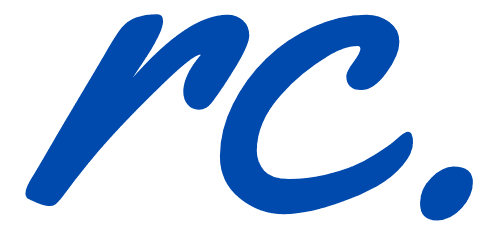Google Update on Small Sites or Google Hummingbird in short could possible be the biggest overhaul done by this giant search engine after Caffeine update. We all know that the latest Google Update …
Continue Reading about Google Hummingbird Update And SEO Techniques To Boost SERPs →



